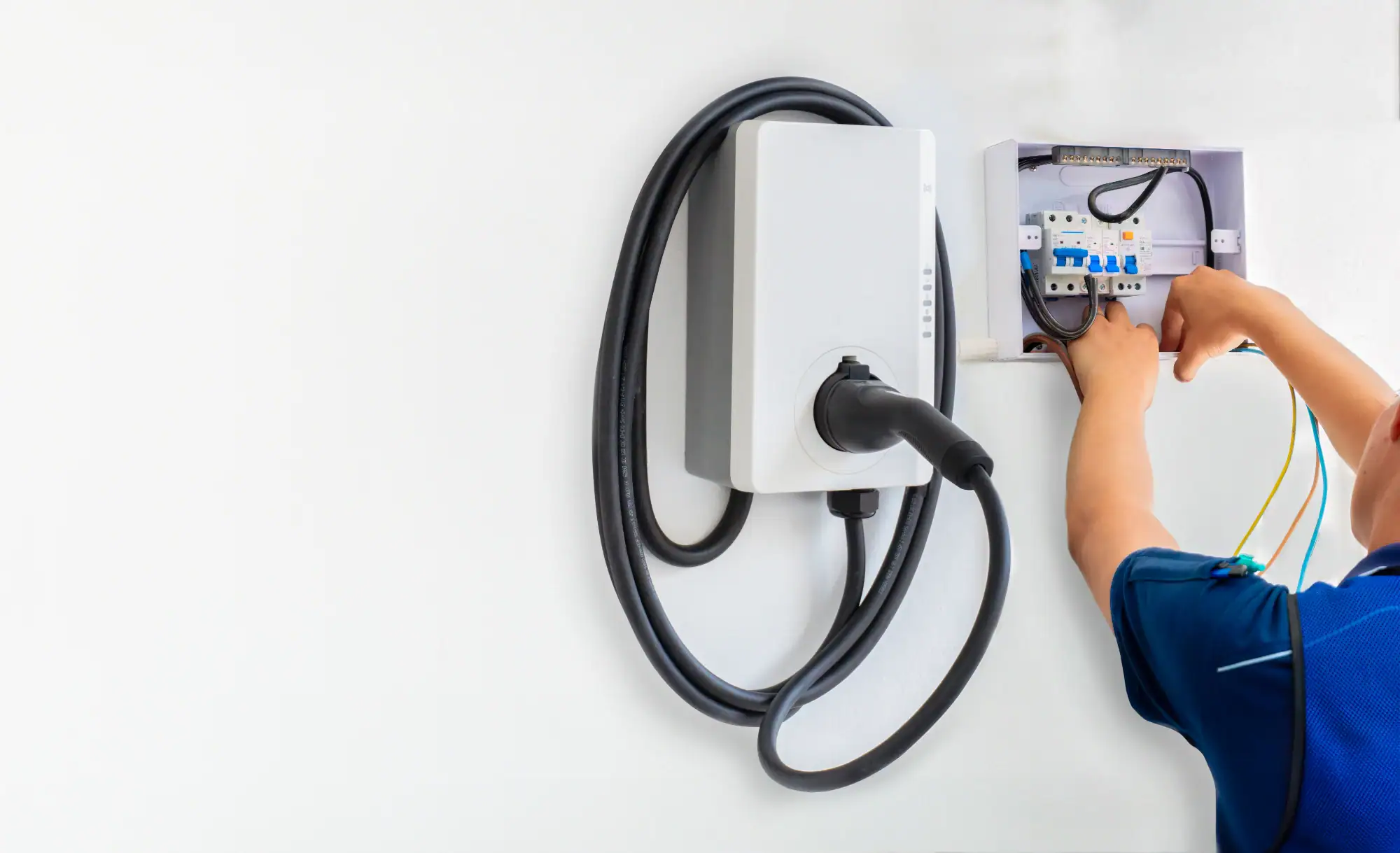Skip the public charging headaches. Get professional EV charger installation that lets you wake up to a full battery every morning.
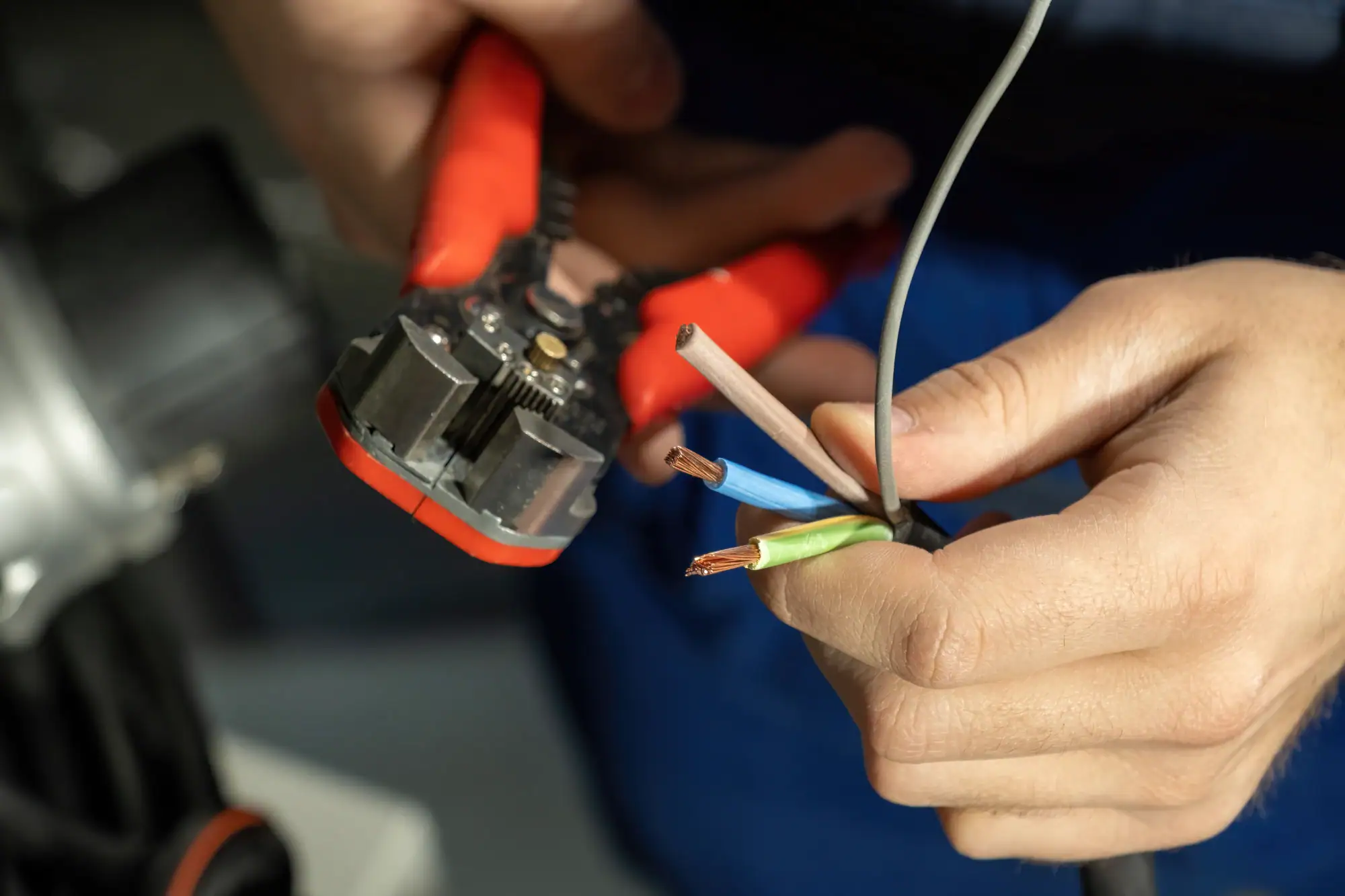
Hear from Our Customers
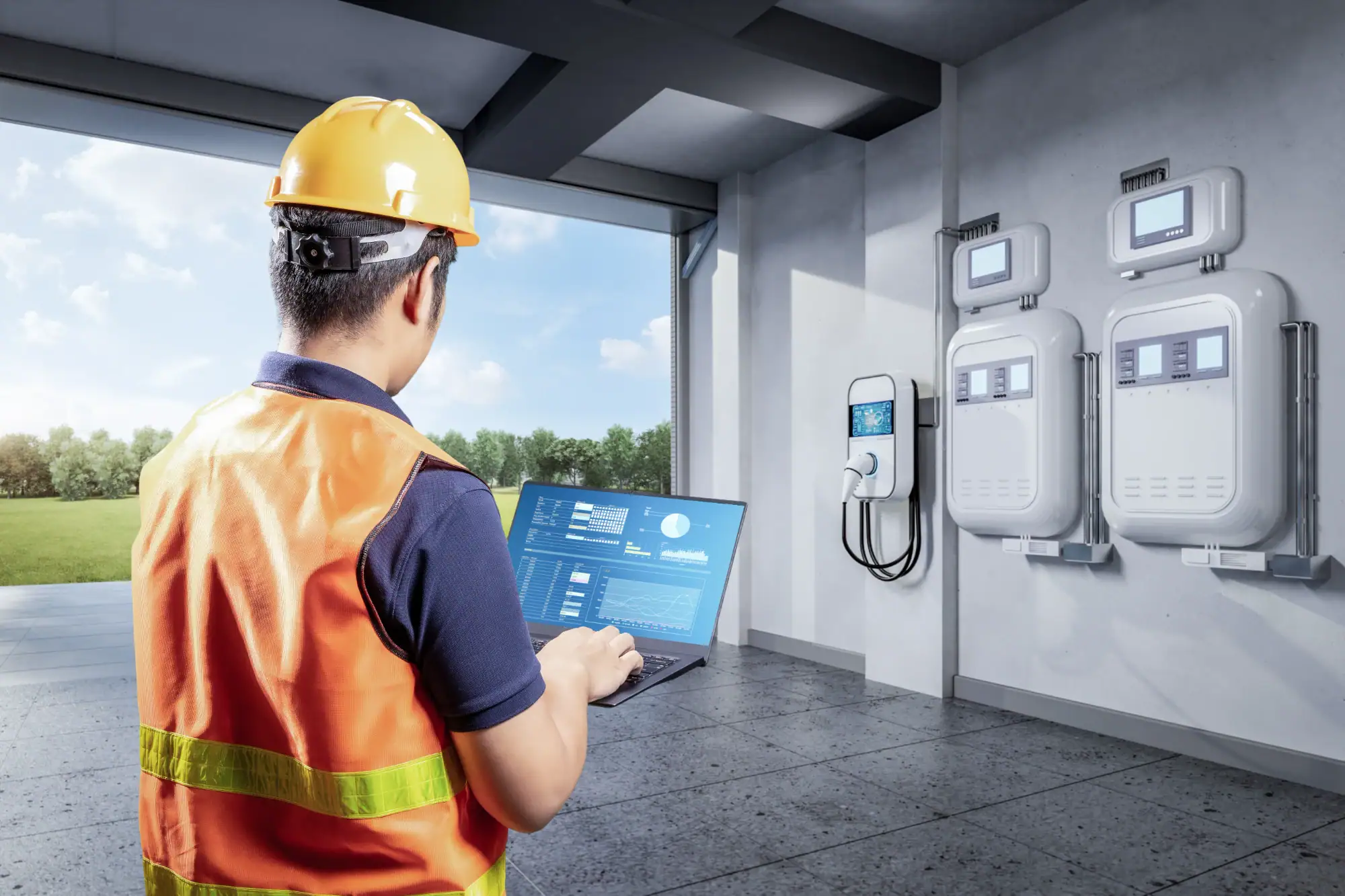
You bought an electric vehicle to simplify your life, not complicate it. But hunting for public charging stations and waiting around for hours defeats the purpose entirely.
Home EV charging changes everything. Plug in when you get home, and your car’s ready for tomorrow. No more range anxiety about finding an open charger. No more sitting in parking lots while your battery slowly fills up.
With a properly installed Level 2 charger, you’re looking at 6-8 times faster charging than a regular wall outlet. That means a full charge overnight instead of hoping you can find time during the day to babysit your car at a public station.
We’ve been handling electrical emergencies and installations in Winnetka for 25 years. We specialize in residential electrical work, from flickering lights and power outages to panel upgrades and adding new circuits for EV chargers.
What makes this relevant for EV installation? The same electrical skills that solve emergency circuit problems are exactly what you need for a safe, code-compliant charger installation. Our team is licensed, bonded, and insured, with the technical knowledge to handle Winnetka’s unique electrical infrastructure.
Winnetka generates its own municipal power through the Illinois Municipal Electric Agency, which means local electrical work requires understanding the specific requirements of the village’s electrical system. We know these local nuances that out-of-town installers might miss.
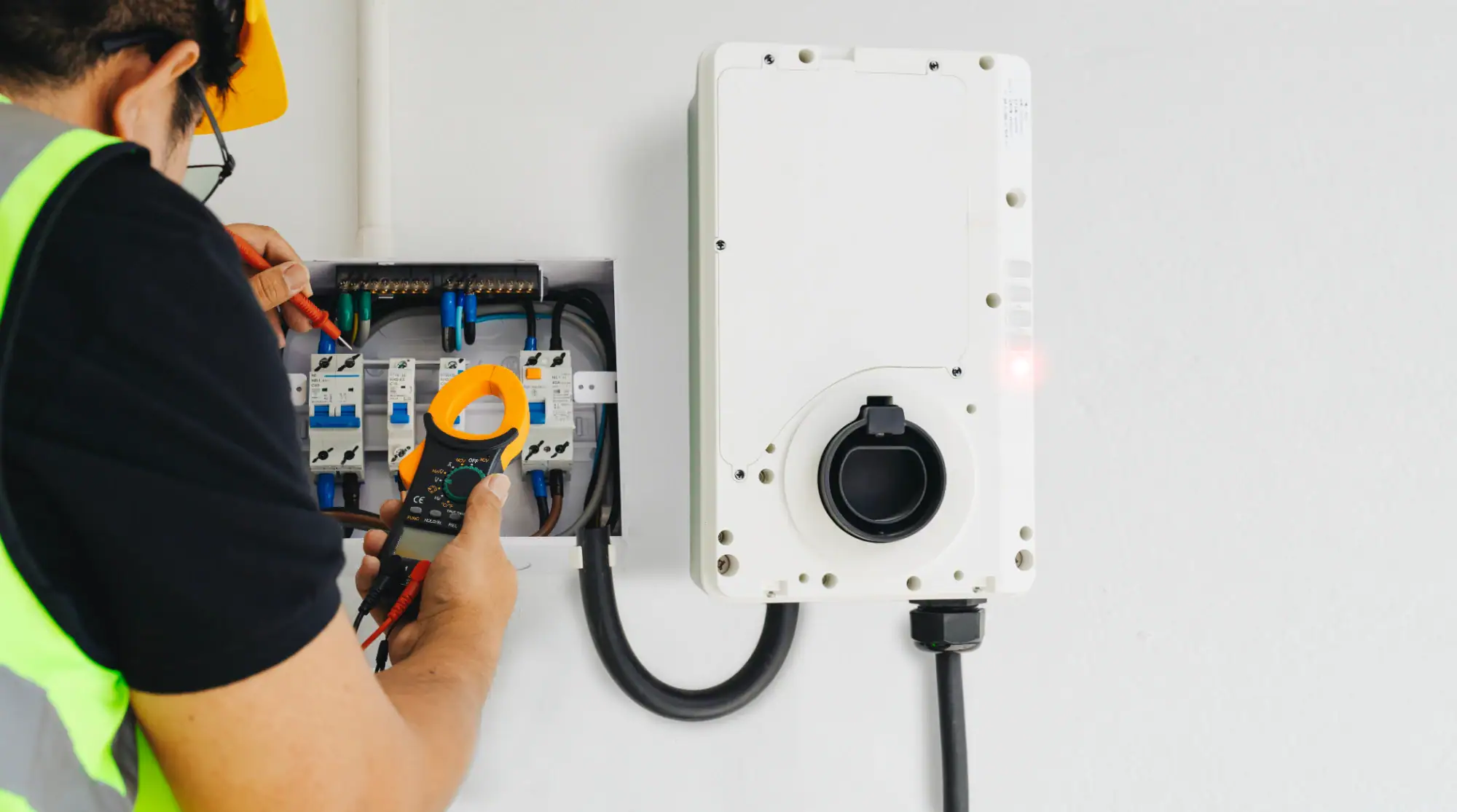
Our process starts with evaluating your electrical panel and determining if it can handle the additional load. Most modern homes can support a Level 2 charger, but older electrical systems might need upgrades first.
Next comes choosing the right location. The charger needs to be within reach of where you park, with proper electrical access and protection from weather. The installation involves running dedicated wiring from your electrical panel to the charging location, installing the mounting hardware, and connecting everything according to local codes.
The final step is testing and inspection. Every installation gets checked to ensure it’s working safely and efficiently. You’ll also get a walkthrough of how to use your new charger and what to expect for charging times with your specific vehicle.
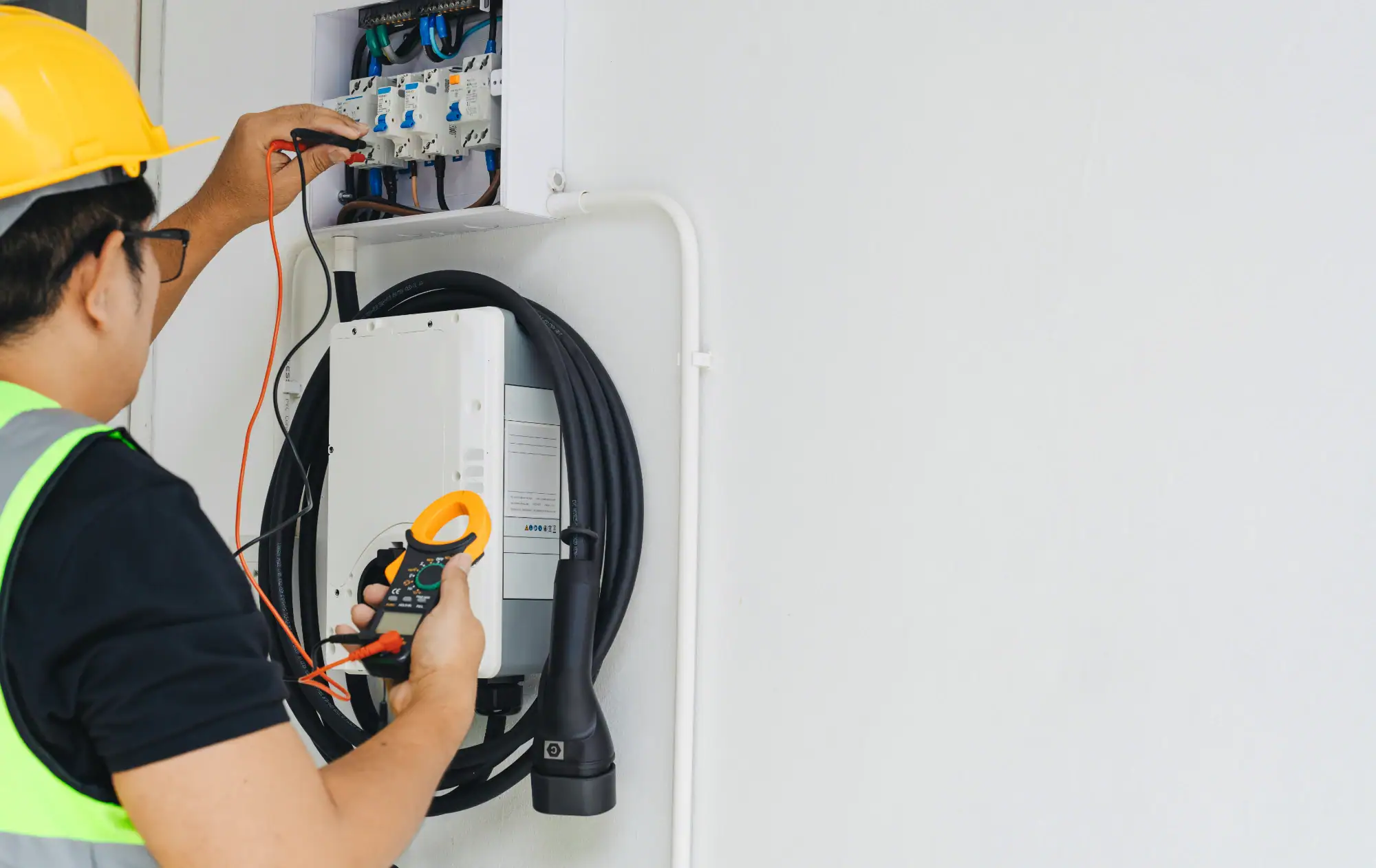
Ready to get started?
A proper EV charger installation includes more than just mounting hardware to your wall. You’re getting a dedicated 240-volt circuit that can safely handle the electrical load without overloading your home’s system.
Our installation covers all electrical work from your main panel to the charging location, including proper grounding, circuit protection, and weatherproof connections. Everything is done to meet Illinois electrical codes and local Winnetka requirements.
In Winnetka, this is particularly important because the village operates its own electrical system through IMEA. Local electrical work needs to comply with both state codes and village-specific requirements. Professional installation ensures you won’t have issues with inspections or insurance claims later.
You’ll also be positioned to take advantage of available rebates. ComEd customers can receive up to $3,750 for Level 2 charger installation, and federal tax credits can cover 30% of hardware and installation costs up to $1,000.
